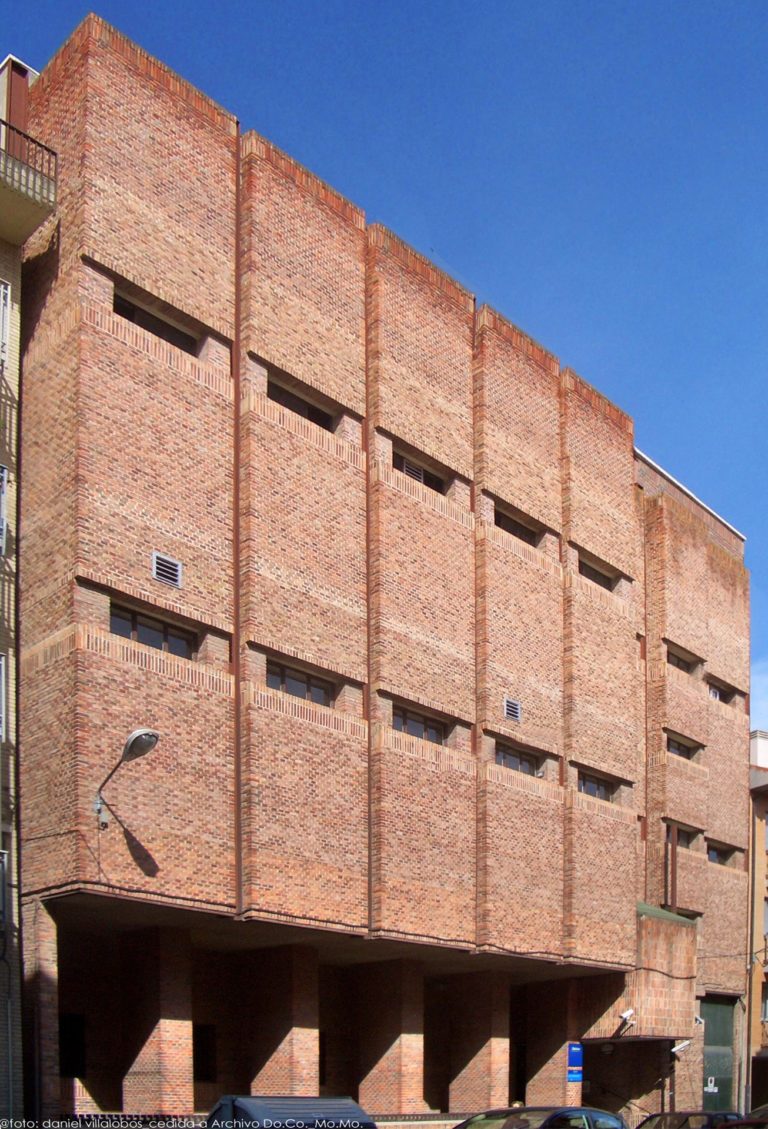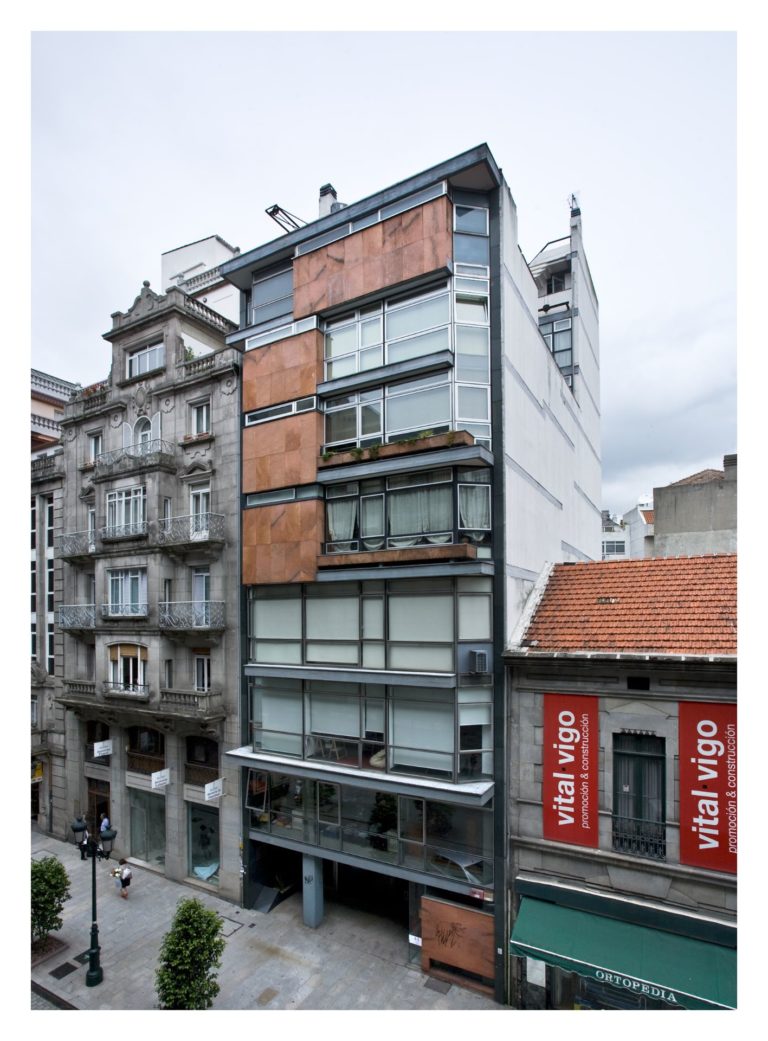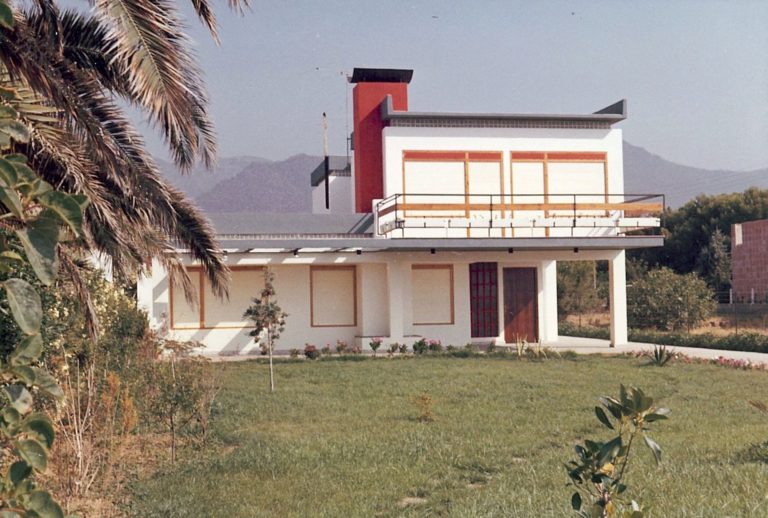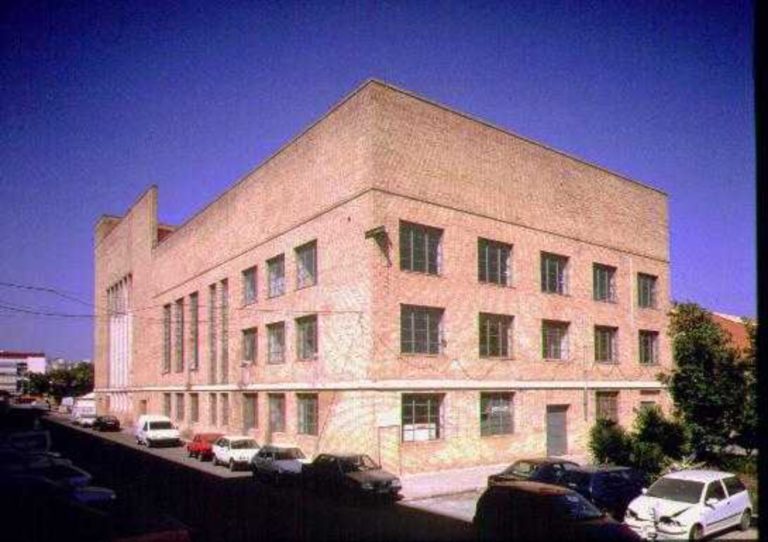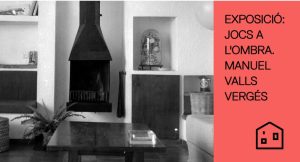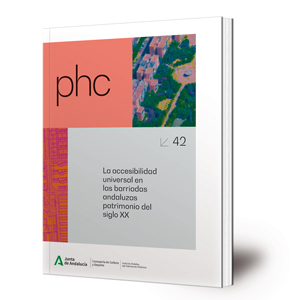Abstract
This dissertation instigate upon the premises of the modern and it’s impact in the transformation of Portuguese architectonic practice, analyzed through the specificity of the architecture produced by a group of architects of Oporto, the ODAM group, that defended (the) modern ideals, in their individual and collective manifests. The aesthetic and conceptual foundations, constituted by this group, are researched as privileged instrument of Portuguese architectonic production outstanding the new proposal of the modernity in favour of Portuguese humanists and cultural values.
The election of this group stands on the idea of the “collective”, as an ideological vehicle of divulgation of the “Modern” principles. Doctrine that is taken as collectives premises, accepted as transforming bases of architecture, in its respond to society, as a cultural phenomena, and that allowed, in the specificity of the group, to reveal the fundamental lines of a production confronted between the dialectic, of modern values and the permanent valences of cultural and productive artesian.
The general structure of the work was organized methodologically in four parts. The part I, is reserved to explain problematic issues within the work and summary the interrogations drown upon the analysis objects: the group ODAM. In the part II, are approached the general “apprehensions” (concerns) of this collective, showed through projects with a “expository” character and constituted/proposed by the group as “absolute models”. The part III, deals with the intensive materialization of these concerns within the productive practice of the group, through the study of selected (constructed) works treated as, paradigmatic manners of doing. To conclude in the part IV, with a theoretical reflection, of the global production and a synthetic critical of the most relevant architectonic contributions elaborated by the group, intended to answer the interrogations brought out in the part I.
The centrality of the work lies in the demand of understanding this “specific collective formality”, by the sighting of three categories (of actuation) common to the elements of the group, here denominated as patterns, that reveal the main concerns, essential to its characterization and inherent to its conception. The period of study among 1945 to 1955 correspond to the statement of identity of the Group ODAM, constituted in 1947 and with its acme within the exhibition in 1951at the commercial athenaeum of OPorto.
The first pattern contest generically with the (initial) production of modern performs of the Group, where the expressions of the artefacts are more substantial /weighty than their modern contents. In this stage are identified the first polemics works that imply the architects to associate in a vindicate group with common architectonic interests and actuations. At this stage the production reveals a commitment with the conventional values not in favour of a modern radical.
In the second pattern, the formal contents correspond to an aim/ to total trust/ to belong to the ethics ideals of the machine age that is reflected in original uses, innovative programs, in the “rationalization of the function”, in a philosophy and methodology of project that it is mirrored in a more abstract form, as a universal code .
In the third pattern, assimilated the modern content, other focal beliefs maybe added. To the pure abstractness of the form is associated the local identity, more humanized and the search of other relegated valences, the “memory” and the “instinct.”
These three patterns that are presented as premises, try to confirm through the crossing of the theoretical and project production of the group, its pertinence as new mater of modern values in Portuguese architecture.
To define the importance of the modern contents, discovered in Group ODAM’S statement, as precursors of a specificity, that one today generically designate as the school of Oporto, constitute one of the points of relevance of the work turning understandable and valuable the actual productive processes in Portuguese architecture.
